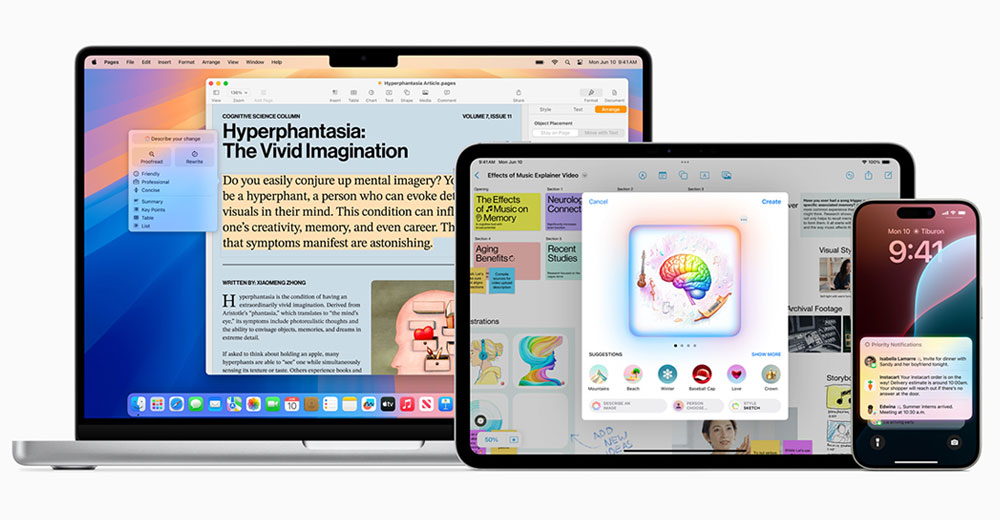
Google is now field testing its PowerMeter software with over 10million customers of eight large utility partners in threecountries.
Google on Wednesday announced it’s lining up energy companies so it canenlist the utilities’ customers to start using the home energyconsumption software. PowerMeter helps consumers monitor their energyuse through data supplied by so-called smart meters deployed by utilitycompanies.
Google first announced in February its intention to give usersdetailed access to their energy consumption information. The idea is to get consumers to make more informed choices about power usage.
“This program is perfectly aligned with Google’s mission of making theworld’s information accessible and useful,” said Kristen Olsen Cahill, program manager for Google.org.
“Right now, you really don’thave access to this type of information, so the PowerMeter program isreally useful,” she told the E-Commerce Times.
Early Adopters
Google will open partnership agreements with six U.S.-basedenergy companies to test the PowerMeter software’s integration withsmart meters, which are capable of providing more detail about a building’s electricity use and can communicate information with the utility provider. The energy industry is using smart meters as a wayto upgrade the power grid worldwide. The smart meter system involvesgathering volumes of data about energy usage at business and consumerlocations to better manage energy distribution and consumption.
Comprising the first contingent of Google PowerMeter partners in the U.S. are San Diego Gas & Electric (California), TXU Energy (Texas), JEA (Florida),Wisconsin Public Service Corporation, White River Valley Electric Cooperative (Missouri) and Glasgow EPB (Kentucky).
Google also partnered with Toronto Hydro-Electric System Limited inCanada and Reliance Energy in India.
Information Exchange
The basis for the testing is for the trial users to learn about their own powerconsumption and provide feedback to Google about their use ofPowerMeter software, according to Cahill. Google is providing thesoftware for free to both consumers and the power companies.
The software works with all varieties of smart meters. Google has notyet set a date for more widespread release of the PowerMeter software.
“The way Google typically develops a product is getting it out therebefore it is really ready for launch so we get some good feedback,”Cahill explained.
Currently, utility companies around the globe have deployed over 50million smart meters. Smartmeters are expected to reach hundreds of millions in the next fewyears, Cahill said.
“How the data is used is up to each energy company, but we think thatconsumers should have access to that data,” she added.
Three-Part Goal
Also sponsoring the testing program is Google.org,the company’s philanthropic arm. The project islooking for ways to address worldwide challenges withinformation and technology, according to Cahill.
“So this is kind of a perfect fit in that regard. Studies show thatjust by seeing your information on your energy use, you tend to reduceyour consumption by 5 to 15 percent,” she said.
One goal behind the PowerMeter programis to get information about energy consumption into the users’hands. Having these details can help consumers answer questions like, “Why am I seeing huge spikes at 3 p.m. every day?” or “Why am I gettingspikes when I’m sleeping?” explained Cahill.
How It Works
The participating energy companies install special equipment in theircustomers’ connection boxes. This equipment transmits and tracksenergy consumption data right to the consumers’ iGoogle homepage, explainsEdLu, part of the Google engineering team.
Understanding how consumers can make use of this information andcompare it to neighbors and electricity use in other homes is the secondpart of Google’s goal, according to Cahill. This will let consumersknow if they are high energy users compared to others around them or are relatively energy-efficient, she said.
The third part is giving consumers tools to help them reduce their consumption.
So What?
Distributing free energy software may be little more than aself-serving gesture by Google, Jim McGregor, chief technologystrategist for In-Stat, suggested. It remains to be seen whether there isany connection between educating consumers and convincing them to actually consume lower levels of power.
“This is a notch in the ladder of all the other things ongoing atGoogle. It doesn’t add anything new or change anything for Google.It’s just another company that has taken an eco-friendly initiativefor an eco-friendly mission,” McGregor told the E-Commerce Times.
Google’s approach is based on theassumption that if you can see your consumption, you will take stepsto reduce it. However, other energy-saving steps, such asproperly caulking a house, changing the type of light bulbs one uses, installing passive solar heating systems,etc., involve practical steps consumers can take to lower their energyusage.
“None of this is new, revolutionary or unique. This is just anothereffort to get consumers to focus on changing their habits,” saidMcGregor. “Unless you’re going to let the power company control howmuch power you draw, it really doesn’t change things for theconsumer.”
Good Concept but …
The concept behind Google’s PowerMeter software is sound, but no newtechnology is involved, added Jay Chaudhry, CEO of cloud security firmZscaler. His company provides security solutions to energy gridcompanies.
“As consumers, we are stuck with whatever technology is in our homes.I’m not sure it is going to change the consumer’s inertia,” Chaudhrytold the E-Commerce Times.






















































The best news is not that this is happening but that is happening SO FAST–not long after the initiative was announced. 10 million people is not chicken feed.
Imagine also the data the parties will get. This, of course, raises the question of just what controls there will be on Google and the use of those data.
James C. Roberts III